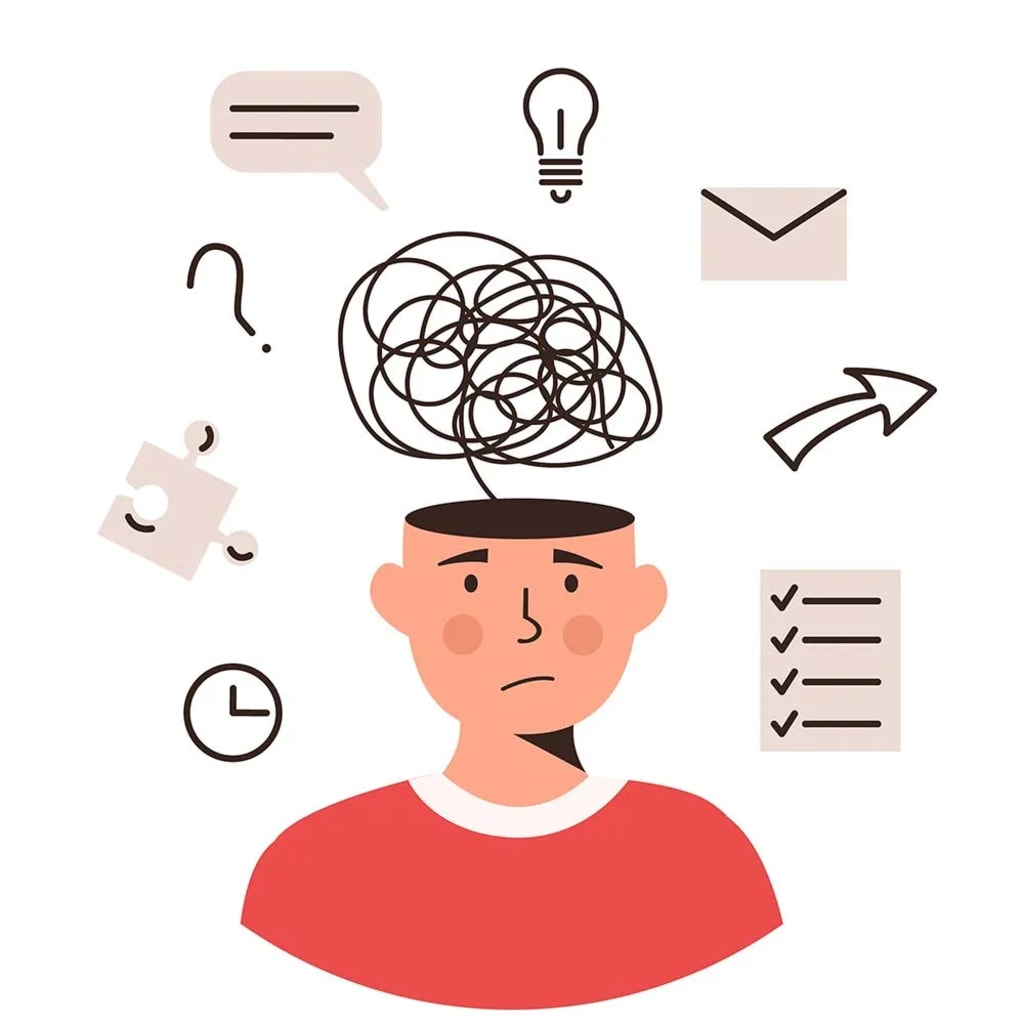How to Manage Stress through ADHD Treatment
How to Manage Stress through ADHD Treatment

Introduction
Living with Attention-Deficit/Hyperactivity Disorder (ADHD) can be challenging, with individuals experiencing difficulties in focusing, organizing tasks, and controlling impulses. These challenges often lead to heightened stress levels, affecting various aspects of daily life. However, with proper ADHD treatment, including therapy, individuals can effectively manage stress and improve their overall well-being. In this article, we will explore how therapists play a crucial role in helping individuals with ADHD cope with stress, offering valuable techniques and strategies to enhance their quality of life.
Understanding ADHD and Stress
ADHD is a neurodevelopmental disorder characterized by persistent patterns of inattention, hyperactivity, and impulsivity. Individuals with ADHD often face unique stressors due to their difficulty in maintaining focus, managing time, and meeting deadlines. The constant pressure to perform at the same level as their peers can lead to frustration, anxiety, and a sense of inadequacy.
Therapist's Role in ADHD Treatment
Therapists specializing in ADHD treatment are trained professionals who provide support and guidance to individuals coping with the disorder. They play a crucial role in managing stress by offering personalized strategies tailored to the individual's specific challenges. By working closely with a therapist, individuals with ADHD can develop effective coping mechanisms and improve their overall well-being.
Cognitive-Behavioral Therapy (CBT)
Cognitive-Behavioral Therapy (CBT) is a widely recognized and evidence-based treatment for ADHD. Therapists use CBT techniques to help individuals identify and modify negative thought patterns and behaviors that contribute to stress. Through CBT, individuals learn to reframe their thinking, manage impulsivity, and develop effective problem-solving skills. Therapists also assist in setting realistic goals and breaking tasks into manageable steps, reducing the feeling of being overwhelmed.
Mindfulness-Based Interventions
Therapists often introduce mindfulness-based interventions to individuals with ADHD to enhance stress management. Mindfulness practices, such as deep breathing exercises and meditation, promote relaxation and help individuals regain focus. By cultivating mindfulness, individuals can become more aware of their thoughts and emotions, enabling them to respond to stressors calmer and more controlled.
Stress-Management Techniques
Therapists guide individuals with ADHD in developing personalized stress-management techniques. These may include implementing effective time management strategies, organizing schedules, and breaking tasks into smaller, manageable chunks. Therapists can also help individuals identify triggers that exacerbate stress and explore coping mechanisms, such as physical exercise, journaling, or engaging in hobbies. Additionally, therapists may introduce relaxation techniques, such as progressive muscle relaxation or guided imagery, to alleviate stress symptoms.
In addition to the therapeutic interventions mentioned above, therapists also provide a safe and non-judgmental space for individuals with ADHD to express their feelings, frustrations, and concerns. Through active listening and empathetic understanding, therapists can help individuals process their emotions, validate their experiences, and provide valuable guidance and support. By working collaboratively with a therapist, individuals with ADHD can gain a deeper understanding of their condition, develop effective coping strategies, and ultimately lead a more fulfilling and balanced life. The expertise and guidance of a therapist can truly make a positive impact on managing stress and improving overall well-being for individuals with ADHD.
Conclusion
Managing stress is crucial for individuals with ADHD to improve their quality of life and overall well-being. Therapists play a pivotal role in providing support, guidance, and evidence-based techniques to help individuals cope with the unique challenges associated with ADHD. Through cognitive-behavioral therapy, mindfulness-based interventions, and personalized stress-management techniques, individuals with ADHD can develop effective coping mechanisms, reduce stress levels, and enhance their ability to navigate daily life successfully.
If you or someone you know is struggling with ADHD-related stress, reaching out to a qualified therapist can make a significant difference. Remember, you don't have to face ADHD and stress alone – professional support is available to help you on your journey to a healthier, more balanced life.





Comments
There are no comments for this story
Be the first to respond and start the conversation.